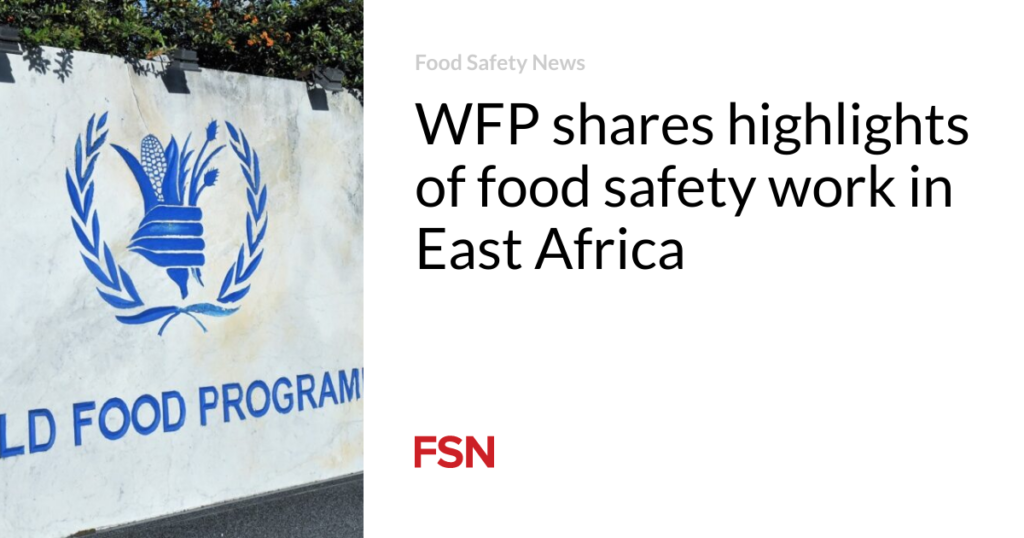The World Food Program (WFP) has reported key areas of food safety and quality initiatives in East Africa in 2023.
WFP's approach to food safety and quality includes monitoring at all stages of the supply chain, from production and processing to storage, handling and distribution.
In 2023, WFP East Africa Regional Office managed 59 food incidents, of which 3 were classified as major, 17 as major and 9 as minor.
The amount of food affected was 72,985 tonnes, a 50% decrease from 164,790 tonnes in 2022. WFP said this highlights the effectiveness of controls and interventions implemented in reducing food waste and ensuring food quality and safety.
Supplier monitoring
During the Sudan crisis, WFP's Food Safety and Quality Division followed emergency response protocols. This includes food testing exemptions for early releases and shipments, and streamlining the supplier qualification process for low- and medium-risk foods.
Supplier audits and evaluations include verifying regulatory compliance, managing risk, improving operational efficiency, and monitoring the performance of existing suppliers.
There were 18 support and monitoring missions to country offices.
With the introduction of the Food Safety and Quality (FSQ) Corporate Guidelines in 2022, WFP's regional food safety and quality divisions are conducting on-site inspections in country offices such as Rwanda, South Sudan, Djibouti and Kenya. was carried out. The objective was to strengthen WFP's risk mitigation strategies within its supply chain and facilitate the integration of FSQ practices into operations and programs across operations.
The Food Safety and Quality Terrain (FOSTER) platform manages five WFP food safety and quality business processes: pre-shipment inspection, supplier audit, supplier corrective action, compliance and product testing, and product specification management.
By the end of 2023, platform utilization across the region reached 70%, but fell short of the target of 95%. WFP said this was due to changes related to an increase in early releases in Sudan and the exclusion of companies not listed as logistics service providers, such as flour millers, affecting 328,265 tonnes of food.
Training and country highlights
Training sessions in 22 regional and country offices brought together more than 3,500 participants, including WFP staff, external partners, government officials and others in the supply chain.
These events covered food handling, warehousing, food incident management, FSQ guidelines, traceability, and post-harvest management. One example of this was a training on integrated pest management held in Mombasa in September.
In Rwanda, an agreement was signed with the Rwanda Standards Board to support the development, implementation, compliance monitoring and capacity building of food safety and quality standards.
WFP provided training to five cooperatives in Burundi on post-harvest handling, storage and preservation methods to improve the quality of grain supplied.
WFP conducted 34 technical assessments of 27 grain and pulse suppliers and seven processed food suppliers in Uganda. Through these assessments, 15 suppliers met food safety and quality requirements and were recommended for inclusion on the local food vendor roster.
In Somalia, WFP negotiated exemptions from import inspections for the country's goods and ensured the smooth delivery of humanitarian food assistance. Restrictions on foreign pest control companies have also been lifted.
WFP is in partnership with Trademark Africa, International Institute of Tropical Agriculture (IITA), Bureau for Humanitarian Assistance (BHA) and Partners in Food Solutions (PFS). Trademark Africa focused on reducing trade barriers by harmonizing food standards and SPS measures. The BHA funded aflatoxin control projects and regional strategies, while the PFS aimed to help food processors meet technical standards.
(Click here to request a free subscription to Food Safety News.)



